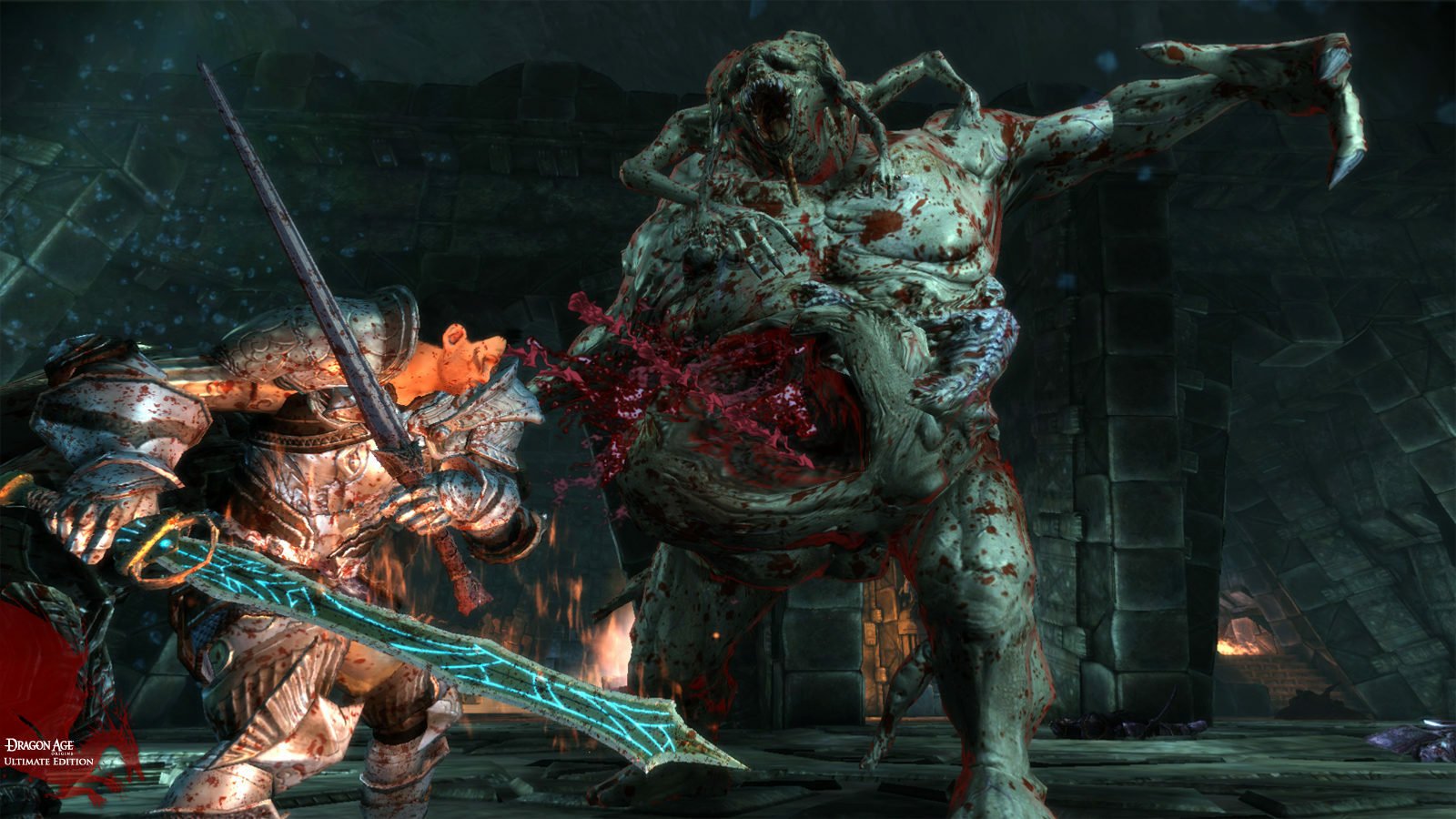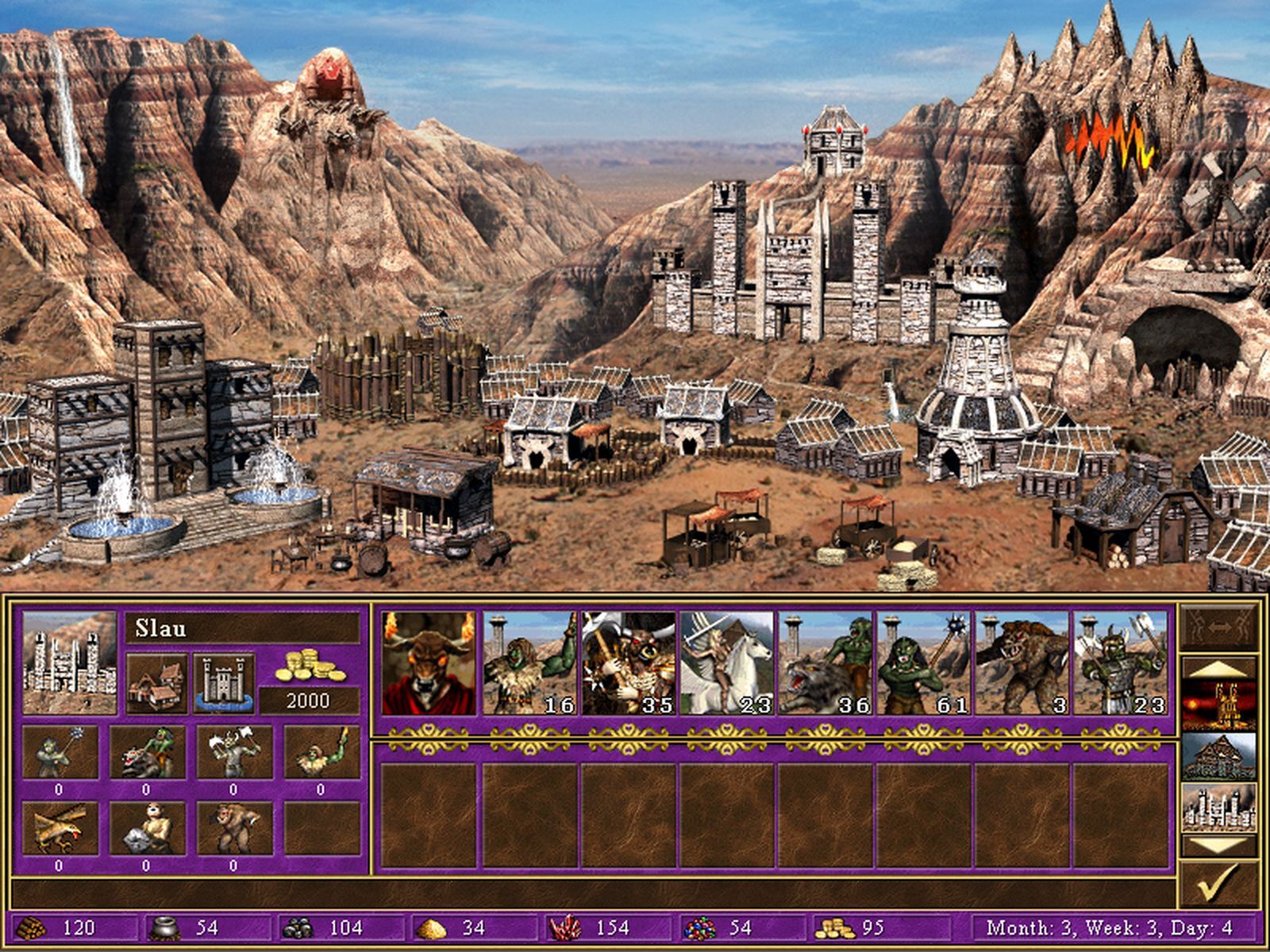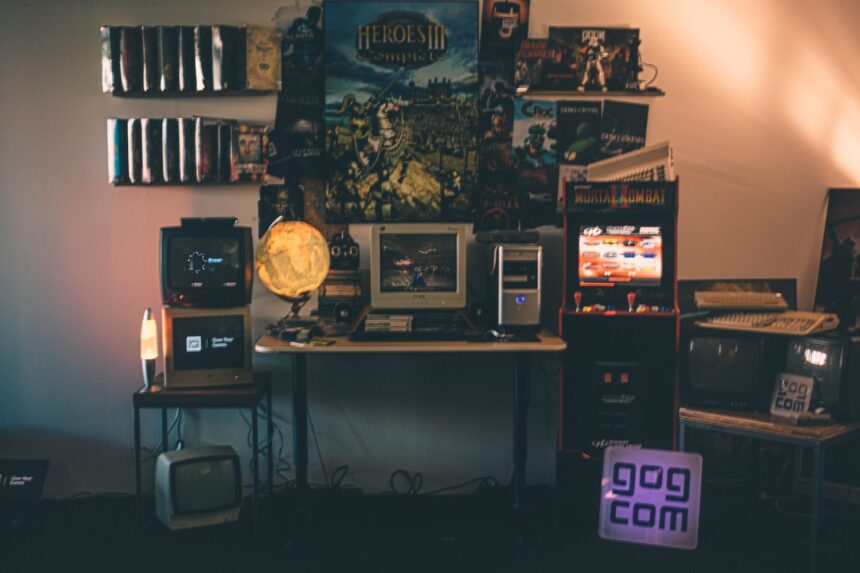Game preservation has focused on the limited availability of history’s most beloved titles. That’s fair enough, especially because you still can’t buy the vast majority of past games. But DRM-free game distributor GOG has tried to form an answer to the next, inevitable question: how do you make these games playable on modern systems?
Last month, GOG unveiled its first slate of 100 games in the newfound “Good Old Games” preservation program. The company hasn’t used its full, unbroken name in more than a decade, but the moniker is meant to denote titles that get special treatment directly from the distributor. GOG says it has confirmed they’re actually playable on modern PCs with the most recent versions of Windows and graphics drivers. The label also denotes the team will continue working on bug fixes that could keep players from jumping in quickly and easily.
“We very quickly realized that we’re only partially participating in preservation efforts by releasing games,” GOG’s head of business development Bartosz Kwietniewski said in a video interview with Gizmodo. “You need to ensure that the games remain playable, that they remain compatible.”
GOG is further offering a support service for players to contact in case they can’t get their game working. It’s all very old-school, like the defunct Nintendo hotline of ages past. But the program isn’t so much a return to the past as a way for players today to discover that these older games weren’t just good for their time—they’re good now, too.
The pledge essentially extends the existing preservation efforts the GOG team has already been doing for years, but it belies the hard edge of GOG’s preservationist philosophy. Earlier this week, the game distributor said legacy game developer Blizzard was removing both Warcraft and Warcraft II from GOG on Dec. 13. The games are classics and continue to sell to this day. Still, Blizzard has its own $40 Warcraft Battle Chest containing both remastered titles. In a blog post, GOG explained it would continue to support both games with updates even after they’re no longer available in the store.
Blizzard hasn’t made any official statement on its reasoning, though anybody who buys the DRM-free version now before it’s delisted will still have access after. GOG couldn’t talk on the record about the specifics behind Blizzard’s timing, but the issue at the heart of the conversation revolves around preservation.
“We learned the hard way that, sometimes—despite our best efforts—the decision is ultimately the publishers’,” Kwietniewski said. “Those hard decisions—we will have to face them every now and then—and we strongly believe that this program is the answer to the concerns of players.”
The game distributor said it will continue supporting both games in its Good Old Games program, including updates. Moreover, it points to the other issue with game preservation: digital ownership is an oxymoron. Publishers who can make money off 30-year-old games will ask you to fork over modern game prices only to gain a digital license for the title, not the game itself.
What Games Are Getting the Good Old Games Treatment?
While your DVD or cassette tape will play on a modern player and an older one (barring any degradation of physical media), games that are barely 10 years old may be practically unplayable. Take, for instance, the 2001 CRPG Arcanum of Steamworks and Magic Obscura. It’s one of the best RPGs you’ve never played, and that’s partially due to how awkward it is to run it on modern machines. Under GOG’s “Good Old Games” program, the company now says it should be compatible with Windows 10 and Windows 11 on the first install.
You can find all the changes in a list on each store page. For a game like the original Fallout, GOG claims it confirmed Windows 11 compatibility and added cloud saves. Earlier this year, GOG took the lead in making the janky-yet-ingenious spy RPG Alpha Protocol playable again after its publishers had it delisted. GOG notes it should have its full soundtrack and achievement support and should be stable on Windows 11.
GOG leadership told us they did a “full QA test” run-through of the games on the list. While it may be the best digital version out of the box, so to speak, other issues may inevitably crop up, some of which have been there since the game first launched.
The company updated Arcanum to make it support modern resolutions and set the game’s settings so it should run better without issues with today’s multi-core CPUs. It’s only the first step. The game is notoriously buggy. Modders like the person who goes by the name Drog Bloodtooth have worked for years to make the game playable, but for the average gamer, just having the title launch after download may be enough to get them into playing such an old-school RPG.
GOG plans to launch more games to the Good Old Games program every month “or even more frequently.” Kwietniewski, a big fan of Heroes of Might and Magic 3 (“I would argue that it’s still one of the best-looking pixel art games out there”), said he wants to add all the Might and Magic titles to the list. The number of games dropped into the program may vary, but the head of business development said it will be consistent.
What Does it Take to Make Old Games Playable on Modern Systems?

For older, DOS-based games, GOG is using open-source emulators to get these games working. For the sake of having the most authentic experience beyond plugging in a 20-year-old machine while hoping it doesn’t crash, the rest of it comes down to elbow grease. Kwietniewski said there are 15 staff members, including developers, technicians, and more, putting work into releasing and rereleasing games. It’s already a relatively small company, though it’s full of people who have actively played games from yesterday to today.
“It also takes a lot of time, first of all, to even get the rights and the approval for the rights holder to release them,” Kwietniewski said. “when we talk to rights holders about releasing their old games, they assume that we have like 50 people working on it. We are a very small, very agile team, and right now, we don’t need a huge development team to continue our work.”
GOG isn’t planning to utilize many mods from the community. For one, it “adds to the work” since it means the team needs to maintain compatibility with the game and the mods as well. That being said, the company did reach out to the community to help fix the cutscenes in the classic point-and-click Blade Runner.

There are some things GOG can’t do since it doesn’t have access to most games’ source files. The fixes aren’t a panacea to each game’s various issues. Take, for instance, 2009’s Dragon Age: Origins. The game has long suffered from a memory leak issue that causes it to crash, and GOG has spent years working on patches to fix it, but there may still be crash issues that crop up. The company just launched its latest patch for Dragon Age: Origins. It’s the only professional outlet outside Bioware to release a patch for the game in the 15 years since its release.
What’s clear is that players still care about these games. They continue to sell, and when they’re sold for relatively cheap, and the barrier to entry is so low, compatibility is the only thing holding back more from experiencing gaming’s past greats.
“This will be a continuous effort from GOG, not only adding more titles to the program but also maintaining those that have been in the program and unfortunately delisted,” Kwietniewski said. “I’m crossing my fingers that there won’t be that many of those, but that’s why this program exists in the first place because we can’t predict the future.”
Read the full article here












